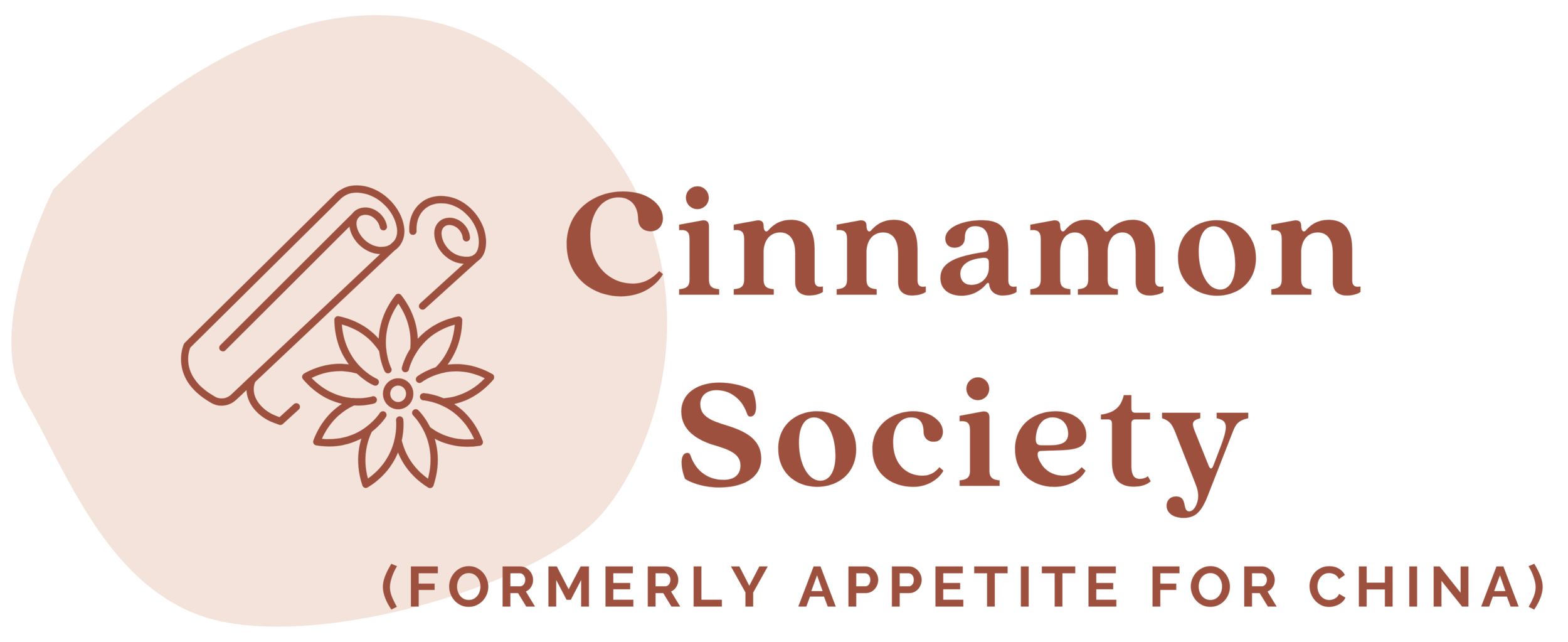Chinese in Budapest
Last summer when Jacob went to Budapest for a conference, he took an few hours to stroll around the city's "Chinatown." Except there wasn't much of one, at least not the kind with red-and-gold gates and tons of indistinguishable souvenir vendors - kitschy but telltale signs that a city at least tries to embrace its multicultural identity.
With Hungary, the situation is a little more complicated. Through numerous conversations with Hungarians, many of them ultra-liberal on a range of political issues, there was an underlying resentment of recent Chinese immigrants. The country's Chinese population mostly consists of Fujianese who arrived starting in the 1980s, a good portion who may have entered illegally, and who have not really integrated into Hungarian society yet. It seems like an instance of vicious-cycle tension: newcomers keeping to themselves because of societal disdain, society feeling disdain because newcomers keep to themselves. Despite this, Chinese restaurants were doing okay business, though not nearly the lunch volume as their US counterparts.
Of course, it's common for previously homogenous cultures to take a backlash to immigration, at first. (Like China's current situation with African merchants, for example.) The US took almost two centuries to feel reasonably comfortable in its multicultural skin. It's the same with England and France. Even if a full-blown Chinatown never develops, it may take a couple decades before Hungarians will enthusiastically venture into immigrant enclaves in search of some good sweet and sour pork.
Or judging by this ironic Budapest billboard, maybe they would be more receptive to momos...



